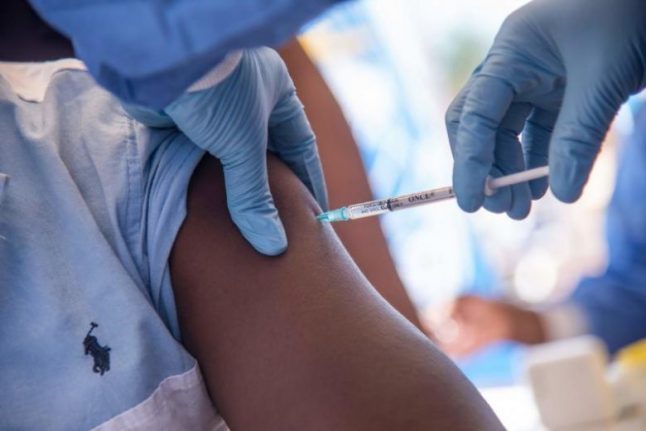EBOLA
Danish Ebola vaccine enters human trials
Bavarian Nordic's promising Ebola vaccine began Phase 1 human trials this week at Oxford and plans to expand to the United States and Africa shortly.
Published: 8 January 2015 13:11 CET

Photo: Bavarian Nordic
The Danish biomedical company Bavarian Nordic has advanced its Ebola vaccine into the human trial phase, the company has announced.
According to Reuters, Bavarian’s vaccine is just the third to enter human testing as researchers continue their efforts to contain an outbreak of Ebola that has killed more than 8,000 people in western Africa.
The company began its Phase 1 trials on Tuesday, having enrolled 72 healthy adult volunteers into four groups that will receive different regimens of Bavarian’s MVA-BN Filovirus and Johnson & Johnson’s AdVac. The initial trials are being held at the University of Oxford and Bavarian said that additional clinic studies will soon get underway in the United States and Africa and will ultimately involve some 300 human subjects.
See also: Danish firm advances its Ebola vaccine
If these initial studies produce positive results, the company will move to Phase 2 and Phase 3 trials in the coming months.
“This first-in-human trial of this Ebola vaccine regimen is a testament of the accelerated efforts by Bavarian Nordic, Johnson & Johnson, the public health authorities and other key stakeholders to make the vaccines broadly available to protect families and frontline health care professionals,“ Bavarian Nordic’s president and CEO, Paul Chaplin, said in a statement.
Bavarian Nordic is working closely with Crucell Holland BV, a subsidiary of the Janssen Pharmaceutical Companies of Johnson & Johnson.
In October, Bavarian Nordic and Crucell Holland BV signed a global licence and supply agreement for the MVA-BN Filovirus Ebola vaccine.
According to the company, when combined with Janssen’s AdVac, MVA-BN Filovirus has demonstrated complete protection against Ebola in pre-clinical studies.
Url copied to clipboard!


 Please whitelist us to continue reading.
Please whitelist us to continue reading.
Member comments